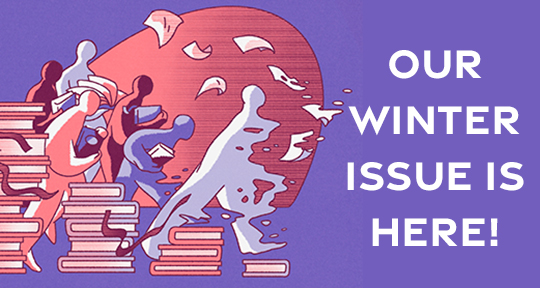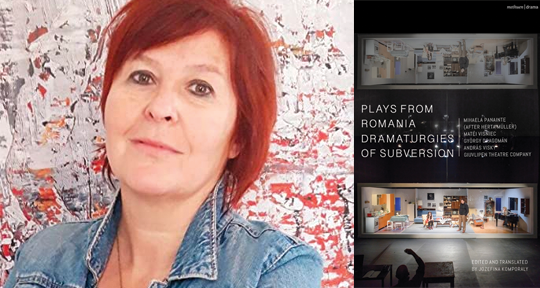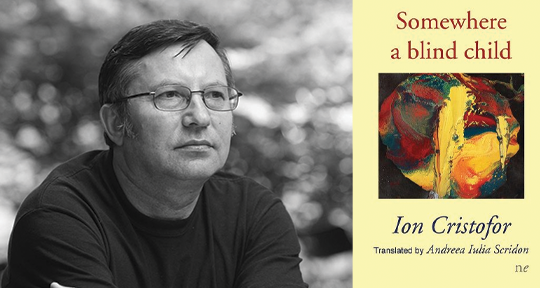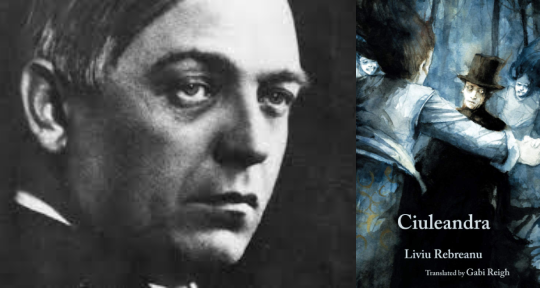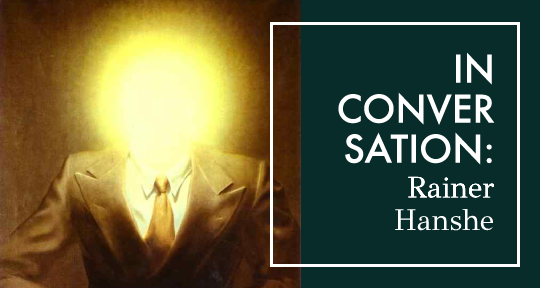In these brilliant feats of literature, three writers drive the vehicle of language through time and space to learn profound, painful, and complex truths about history and our inheritance of it. From Romania, Zsolt Láng braids imagination and reality to paint multitudinous portraits of the individual and society. From Turkey, Defne Suman tracks a family through present hauntings into the dark, deceptive recesses of the national past. From Guatemala, Eduardo Halfon opens up the question of a name as it is passed down through generations, delving into the chasm between who we are and what we are called. Read on to find out more. Also, for the first time since the magazine’s inception, we have included affiliate links to books under review. Please take note that we may receive a small commission for purchases made through these links, which will go toward supporting our mission of advocating for greater inclusiveness in world literature. Other ways include joining our Book Club or becoming a sustaining member.
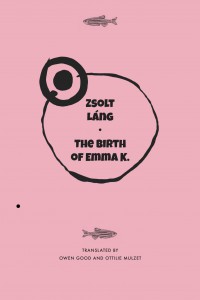
The Birth of Emma K. by Zsolt Láng, translated from the Hungarian by Owen Good and Ottilie Mulzet, Seagull Books, 2022
Review by Rachel Stanyon, Senior Copy Editor
What a swirling, kaleidoscopic reading experience. Zsolt Láng’s The Birth of Emma K. is a cracker of a book—albeit one that forces readers to commit to intricate twists and turns, before arriving at meaning within its refracted reflections on modern life.
Láng—a Hungarian writer from Transylvania, Romania—presents a plethora of perspectives in these twelve short stories, but unites them through a shared narrative style that constantly questions and blurs one’s sense of reality, while never quite descending into fantasy. The stories themselves are often equivocal, with endings that invite conjecture or remain opaque, and the plotlines that lead to these often ambiguous conclusions are full of hypotheticals, the language replete with conditionals and revisions, making every situation feel provisional and emphasising the contingent nature of the world.
The characters, meanwhile, are often driven by love, lust, hatred, or other forces of reproduction, but often also seem adrift, questioning their existence. This is evident from the very opening of the collection, which sees God observing and vacillating over the degree to which he should—and is able to—intervene in the lives of his creations. This version of God is not only not omnipotent, he has a heightened, anxiety-inducing awareness of the potentially negative consequences of his actions, and prays to another higher being that gave him his “not-quite-absolute power.” In the collection’s arch postmodernist style, which seems to use this initial framing by a semi-powerful God to parallel the figure of the author, scenarios are constantly retracted and resketched, and we are often told what is not happening, rather than what is:
That our Lord was sitting or standing about on the side of Gellért hill, at the top of Számadó street near the Sióvölgyi family’s villa, would be an exaggeration. Our Lord doesn’t tend to sit or stand about, he floats. But just so we aren’t constantly searching for words and forever refining what we come up with, let’s postulate that we’re not talking about the Father or the Holy Ghost, we’re talking about the Son, and then we can confidently say that there stood the Son of God…



